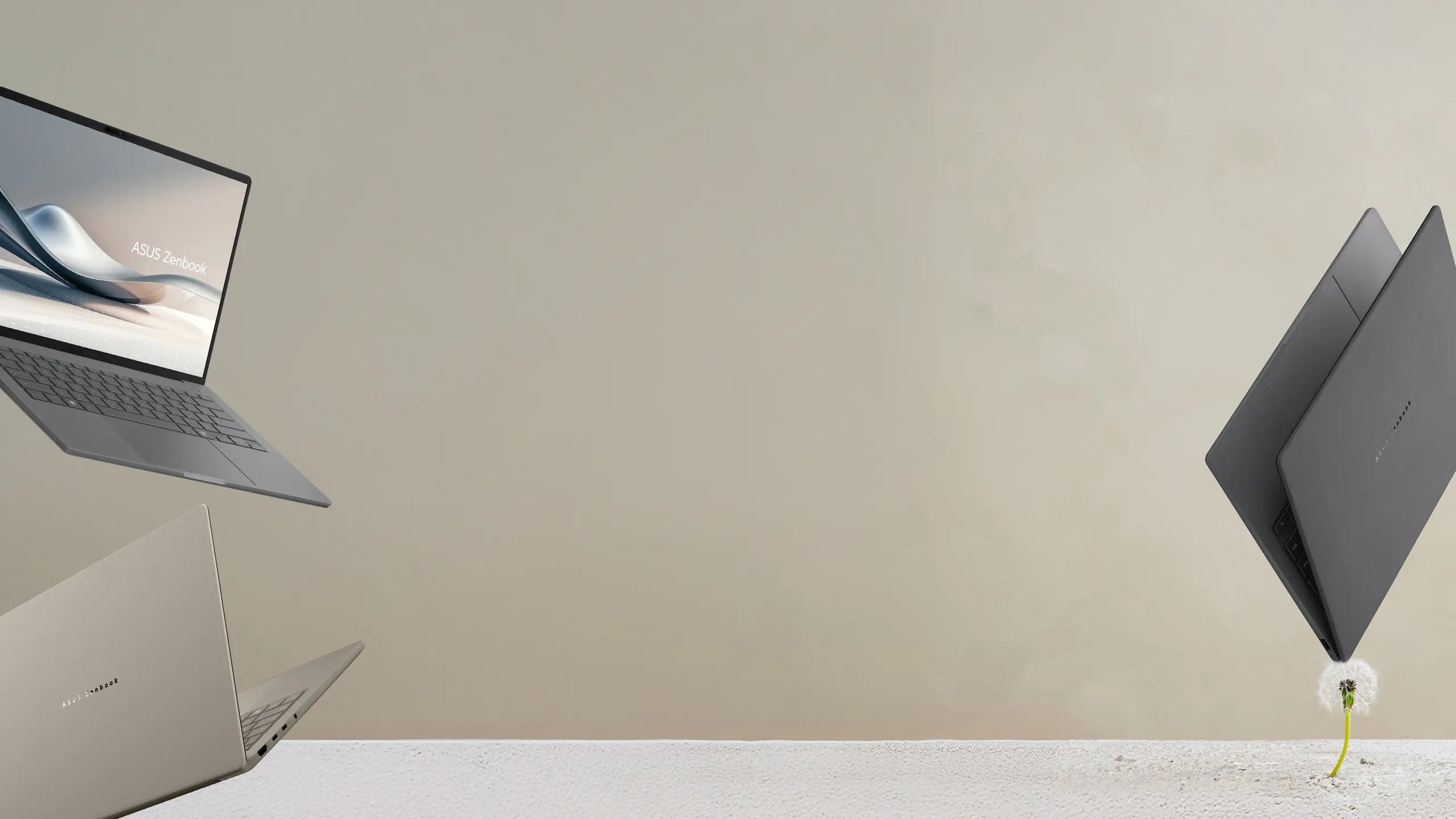© ROOT-NATION.com - Use of content is permitted with a backlink.
We decided to reflect on what awaits the world of technology in 2024 and share some interesting predictions.
Yes, I understand that making predictions in our time is a rather thankless task. I also understand that there is currently a war in the country, and there are plenty of problems. But I’m not a military expert, and I won’t make predictions regarding military actions or anything similar. I wanted to share my vision of the world of technology in 2024 with you. I would like to peek into the future, make forecasts, and share my thoughts on the further development of the world of technology.

Of course, I’m not an oracle, and some of my predictions may seem commonplace to you, while others may seem unrealistic, but perhaps something will come true. Everyone has heard the saying, “If you want to make God laugh, tell him about your plans.” We’ll see the results at the end of 2024. So, let me begin.
Generative artificial intelligence
For several years in a row, artificial intelligence has been the most intriguing technological trend, finding applications in various industries. Software like OpenAI’s Dall-E 3, ChatGPT 4, and Github-Copilot provides a glimpse into what we might see in 2024. Indeed, it’s challenging to imagine a contemporary person who hasn’t heard of ChatGPT from OpenAI, Bard from Google, or Midjourney.
Although it seems we have witnessed only the initial steps of generative artificial intelligence, the year 2024 will be the moment when we witness its tremendous potential in various fields of knowledge, business, technical projects, and more.

Commercialization of artificial intelligence awaits us. The impact of generative artificial intelligence can increase productivity by 15-40%, potentially contributing trillions of dollars to the global economy. This estimate could double when considering the influence of generative AI on software in areas where it has not yet been utilized.
Generative artificial intelligence will have the most significant impact in four areas: customer relations, marketing and sales, software development, and research and development.

The implementation of AI has the potential to significantly increase automation capabilities in various technological and manufacturing processes, saving up to 60-70% of the time for the involved workforce. Can AI completely replace humans? Currently, such a possibility is unlikely, but the trends in its development and improvement are constantly increasing.
I don’t think companies like Apple will stay on the sidelines of these processes. The corporation has vast resources and capabilities for this. Yes, Apple was somewhat late to this market. They hesitated to believe that AI would achieve such tremendous success until recently. Now, they are trying to make up for lost time by investing billions in developing their equivalent of generative artificial intelligence, involving both their in-house experts and external specialists in machine learning. The year 2024 could be decisive for Apple in this regard – it’s a make-or-break situation.
Read also:
- Microsoft Copilot: Game-Changer or False Path?
- Human Brain Project: Attempt to imitate the human brain
VR/AR reality
It may seem somewhat peculiar, but Apple is trying to revive interest in virtual reality. Everyone is eagerly anticipating the launch of the Apple Vision Pro. Of course, one doesn’t need to be a prophet to predict that there will be sales, although not as significant as Apple’s usual product releases. The issue here is not even the price, but the fact that so far, we have only seen an intriguing project with a beautiful wrapper but without concrete solutions. Moreover, Apple also understands that significant success should not be expected from virtual reality glasses.

Sometimes it reminds me of Microsoft with its HoloLens. It seemed like everything was ready; they even tried to create a platform, but in 2023, they abandoned and closed the project. Does Apple see something that no one else does? Meta (the company that owns Facebook, Instagram, WhatsApp) also once presented its Metaverse, but so far, nothing substantial has come out of it.
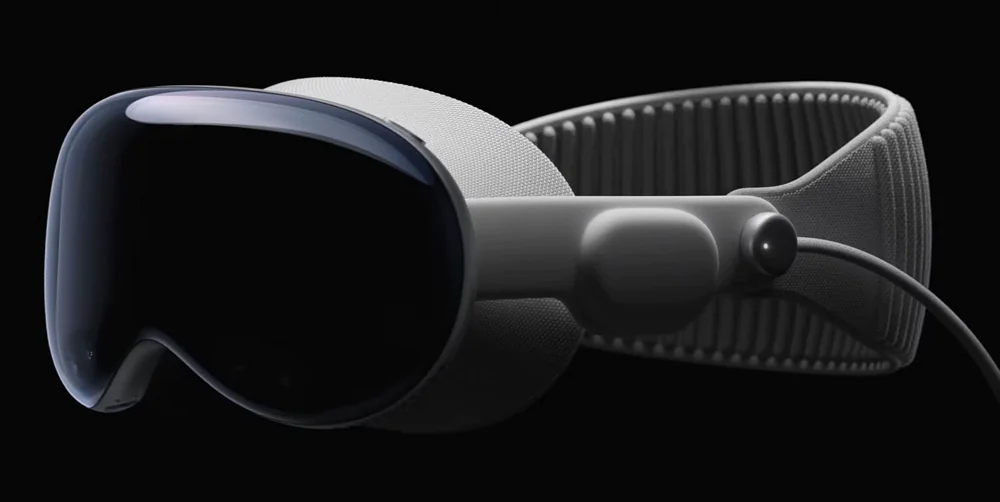
Perhaps a successful launch of the Apple Vision Pro will give a new boost to this field. Then, Chinese manufacturers with their copies of virtual reality glasses may enter the scene. But it’s unlikely, as we don’t see anything like that on the market right now.
Is failure looming for the Apple Vision Pro? Yes and no. This industry will coexist parallelly with Apple. The corporation will stubbornly try to prove to everyone that these glasses will replace our PCs. However, even tablets and smartphones couldn’t fully achieve this. I believe that Apple might even attempt to release a cheaper counterpart to the expensive Vision Pro in 2024 and try to somehow integrate the glasses with the iPhone, developing new applications and programs. However, it seems to be a flawed path, and Apple is apparently aware of that too.
Read also: Sales Ban on Apple Watch in the U.S.: All the Case Details
Mobile technologies
For most average users, a smartphone has become practically indispensable. This was especially evident for the residents of Ukraine during the war. The smartphone has become a kind of pocket-sized computer, allowing for quick access to necessary information, instant photo and video capture, and the use of applications that not only help one feel comfortable in various life situations but sometimes even save lives.
But the world of mobile technologies is currently at a standstill. All smartphones look almost the same – black rectangles with a few cameras on the back. Protective cases completely hide manufacturer logos, and you can’t tell which smartphone your conversation partner or a passerby on the street is using.
The world of mobile applications also seems to have frozen in time. There are practically no new releases, even mobile games are released very sparingly. Messaging and voice call technologies have long been established. The advent of 5G has not changed much; on the contrary, it has led to more complaints and protests. Yes, new technologies like 5G, Wi-Fi 6, 6E, and 7 will have their logical continuation, but they won’t achieve widespread adoption. For the majority of users, it doesn’t matter. This trend will persist in 2024 as well.
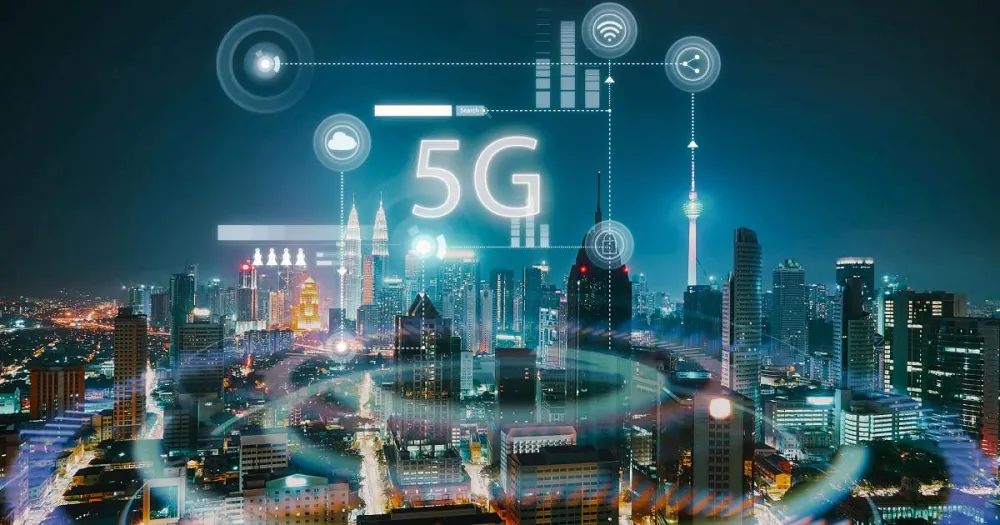
Many experts see the problem in the fact that smartphones have become routine devices. There’s nothing surprising anymore. Everything has been done, everything has been perfected. It’s even boring, and people crave novelty, but it’s lacking.
Two operating systems dominate, copying each other’s features and trying to feel as comfortable as possible in the market. A mass transition from Android to iOS and vice versa is not to be expected. Each user has already found their niche. Expecting a third OS developer for smartphones is also unlikely. Even Huawei has stopped talking about it. They feel quite comfortable in China, earning, growing, even despite the sanctions. Other manufacturers simply improve their interfaces based on Android and try to earn more. Some innovations, such as camera improvements and fast charging, have taken a back seat. Money, money, money. Nothing else interests them.
Will the introduction of AI change the situation in smartphones? I don’t think it will significantly impact the development of the mobile device segment. Yes, Microsoft’s Copilot is already available on Android and iOS. It’s interesting and intriguing, but that doesn’t mean you’ll rush to the electronics store to buy a new smartphone. On the contrary, the current trend is that users buy a new smartphone, mostly once every 3 years. This applies to iPhones as well. The innovation cycle is just like that, sometimes even longer.
Simultaneously, the segment of foldable smartphones is evolving. Many changes are happening, but none are revolutionary. Samsung reigns as the king of the market, although competitors like Google, Motorola, OPPO, Huawei, and even Tecno are very close. They don’t let the Korean company rest on its laurels, forcing it to change approaches and directions in the development of the foldable smartphone market. In 2024, this trend will persist. I am even somewhat confident that Apple will finally release its foldable device. However, they will do it cautiously, observing the landscape and not rushing events. For now, there doesn’t seem to be anything particularly interesting for them in this arena.
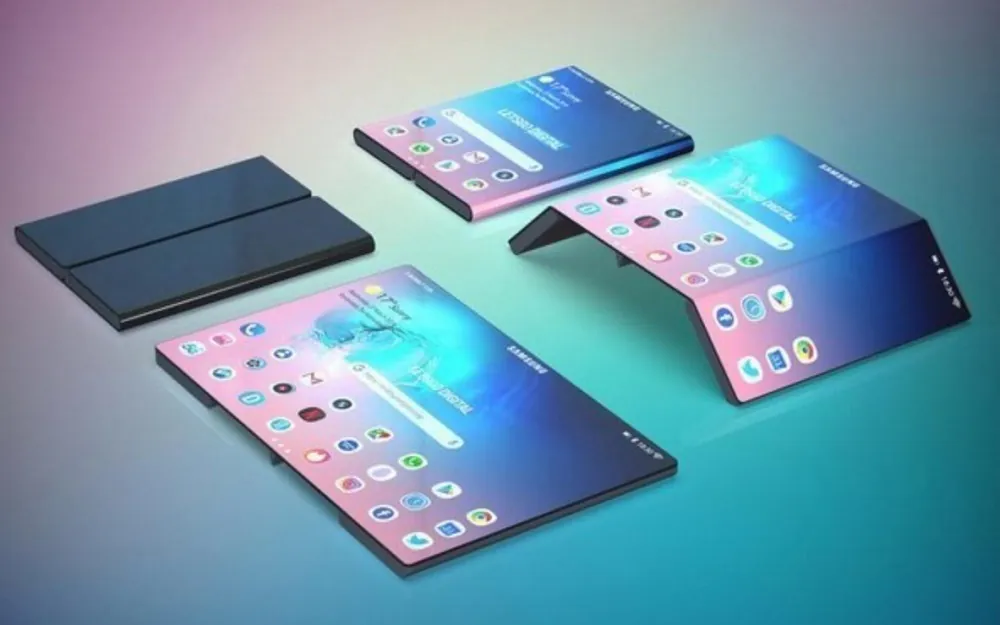
Towards the end of 2023, a friend messaged me after the attack on Kyivstar, saying, “Do you still want 5G?” Yes, I do want the implementation of 5G in Ukraine finally, as the process has been dragging on. I also understand that in these challenging times, cybersecurity and protecting their servers have taken precedence for mobile operators. However, it’s time to take action. Perhaps the arrival of a new player in the form of the French company NJJ Capital, owned by billionaire Xavier Niel, who nearly acquired the mobile operator lifecell, will improve the situation. It’s time to break this deadlock!
Read also:
- Lenovo Yoga Book 9i Review: Laptop-transformer with two displays
- Samsung Galaxy Flip5 vs Motorola Razr 40 Ultra: Battle of two yokozunas
- Samsung Galaxy Flip5 review: There’s simply no better foldable smartphone
Laptops or PCs?
Continuing the topic of foldable devices, I am confident that this form factor will be highly interesting for manufacturers of laptops. I was fortunate enough to test an amazing device from Lenovo – the Yoga Book 9i. It’s a unique blend of tablet, laptop, and desktop PC in one device. Most importantly, it’s very convenient to use. It’s not just a concept or a project; it’s a functional device. A very original solution that may have its continuation.
The world of laptops and PCs is even more conservative compared to smartphones. Here, cutting-edge innovations can coexist with thick display bezels, limited RAM, and even the absence of an operating system in some cases. Not to mention desktop PCs, where you can sometimes encounter things that are beyond imagination.
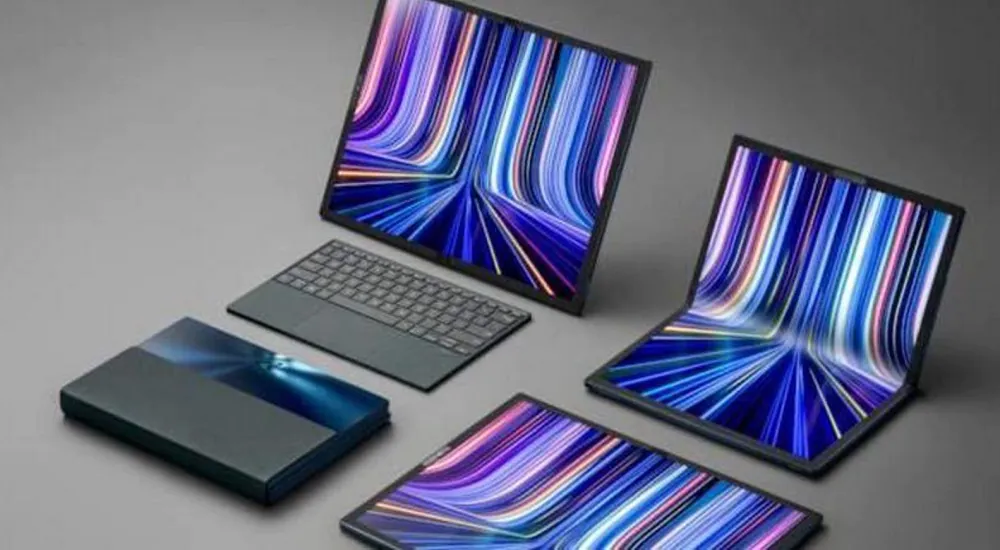
Yes, manufacturers release new laptops, all-in-ones, powerful processors, and graphics cards, but it all seems more like a hustle and bustle in an anthill. For most users, it’s not interesting because they just want a good laptop, and most importantly, at an affordable price. That’s it. The rest is not appealing.
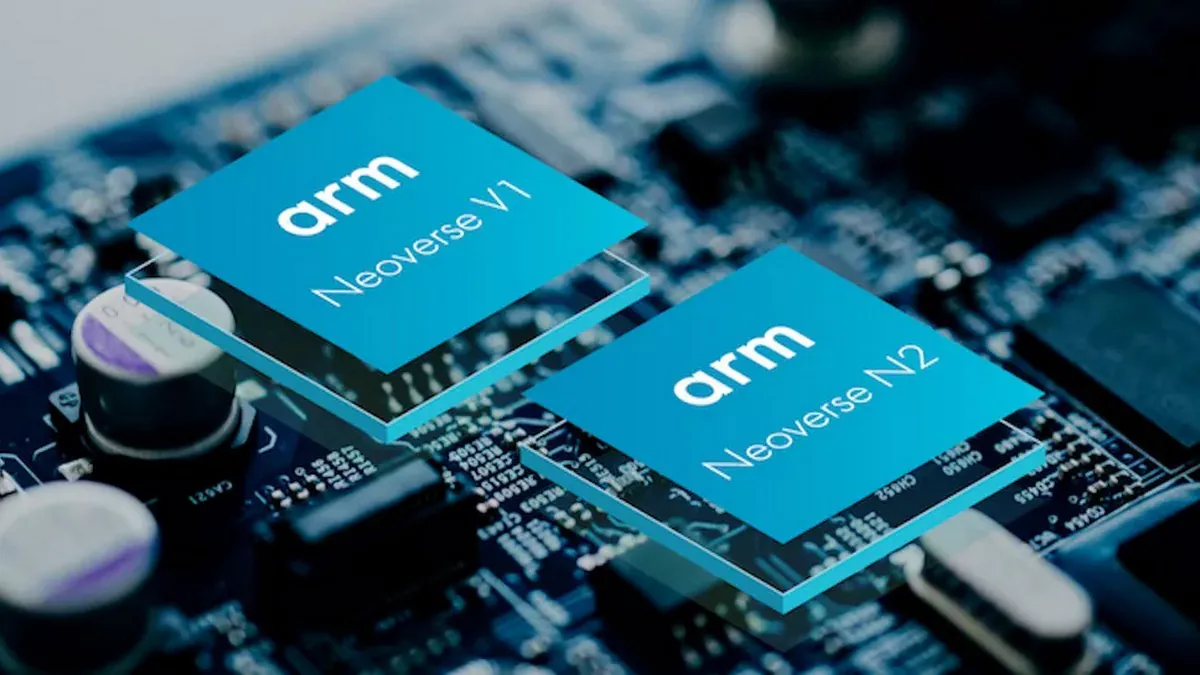
Currently, very few users specifically buy laptops unless it’s for remote work or office use. The younger generation feels perfectly fine without a desktop PC or laptop. They have everything they need on their smartphones.
The introduction of ARM processors hasn’t significantly changed the market situation, except for Apple, which has benefited from it. Their MacBook models with M3 chips have made significant strides in the ultrabook market. Sales even increased because many fans decided to switch away from the Intel platform. However, this primarily applies to the MacOS market.
For Windows device users, nothing changes. Intel and AMD have once again improved, raised the bar, and enhanced their offerings. It’s the same old routine, a warm bath, and no trouble.
However, there’s another player looking to stay in the game – Qualcomm with its ARM processor Snapdragon X Elite. The introduction of this processor could shake up the stagnant environment. The Snapdragon X Elite boasts impressive performance. Moreover, Microsoft also wants this market segment to undergo some changes.
I somehow believe that in mid-2024, we can expect the unveiling of a new version of Windows. What it will be called? Perhaps Windows 12 or even Windows 365. The main focus will likely be on AI, cloud computing, gaming services, and interaction with ARM processors. I don’t think Intel and AMD will want to stay on the sidelines. This will give users the option to choose, for example, to buy a powerful but expensive and hot laptop or an energy-efficient but less powerful PC. Choice is always a good thing.
Read also:
Social networks
2023 can confidently be labeled as the year of highs and lows for social media. It has become an integral part of our lives, playing a colossal role in human existence. How many complaints have we all read about Facebook blocking various posts from Ukrainians, ostensibly to protect the community from offensive content? How many controversies have unfolded on Twitter under Elon Musk’s posts?
Even the acquisition of Twitter and its rebranding as X brought nothing new. At times, it seemed like Musk had usurped X, allowing himself true audacity, political statements, and constant quarrels with subscribers. This situation didn’t sit well with many. Wealthy advertisers began to shun this platform, and some politicians no longer wanted anything to do with Musk. X faced enormous financial problems, yet Elon seemed oblivious. Somehow, I suspect that in 2024, one morning we will read about the bankruptcy of X (formerly Twitter). Will it surprise us? Not at all, because this social media platform seems to be heading in that direction lately. Sometimes it feels like Musk deliberately bought it to destroy it. Why does he need this? Self-admiration, financial imprudence are the main criteria. Musk is used to being considered a genius, and here he sometimes acts like a complete fool. The process of future bankruptcy seems to have unconsciously started by Musk himself. But is he and his thousands of followers ready for it? The question is rhetorical.
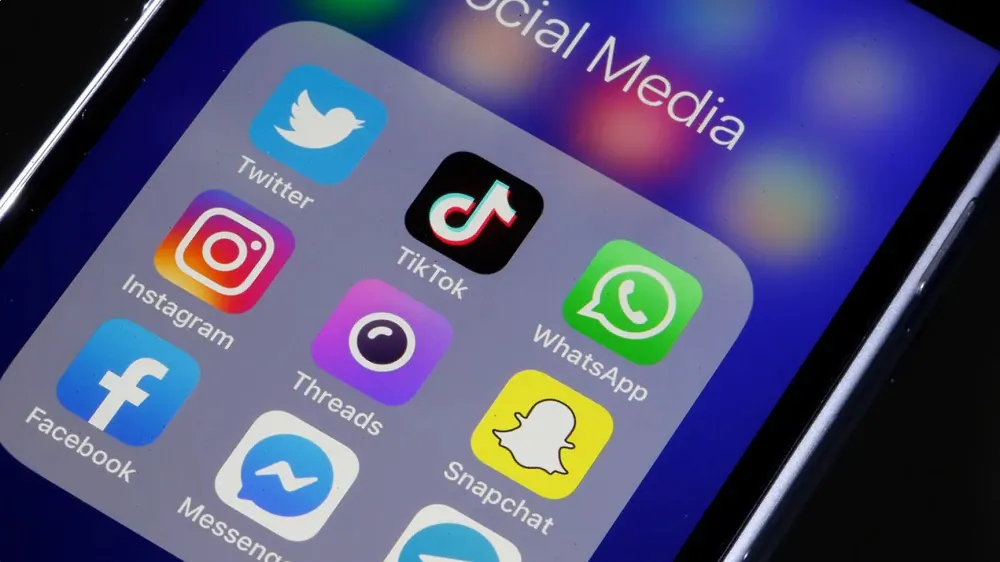
In other social networks, things are not looking great either. Yes, you might argue that TikTok is asserting itself powerfully, sweeping away competitors. But for how long? Will it have enough resources to contend with the U.S. Congress, which continues to try to block it, and the European Union, which easily tames technological giants? Even Apple didn’t resist adopting USB Type-C. Moreover, TikTok is quite a specific platform; even the younger generation seems to be spending less time there. Instagram and Threads are creating worthy competition for it.
In Ukraine, there’s a specific social media schedule. Telegram, in particular, has become the primary source of information for most Ukrainians. However, there’s a unique aspect here – the war. We want to instantly read about air raid alerts, missile and drone flights, and the situation on the front line. Yet, there’s a danger in this, as many Telegram channels have emerged spreading fake information, causing misinformation. Moreover, cybercriminals are not resting. In 2024, we might face numerous unpleasant surprises from Telegram. So, stay highly vigilant and cautious.
We are dealing with a serious adversary!
Read alsо:
Quantum computing technology
And let’s talk about the distant perspective, about the future. Quantum computing is an innovative technology with the potential to revolutionize traditional computing, offering immense computational power and speed. Quantum computers can solve complex problems and perform calculations that are impossible for classical computers.

The continuous development of quantum computing will shape the future of technologies, as its applications and consequences will take on different forms.
The capabilities of quantum computing include solving complex optimization problems, modeling quantum systems, and enhancing cryptography. By harnessing the unique properties of quantum mechanics, quantum computers can explore multiple solutions simultaneously and find optimal solutions much more efficiently than classical computers.
These capabilities have the potential to transform industries such as finance, healthcare, and logistics by enabling faster and more efficient problem-solving and data processing.

What does this mean for the average user? Faster processing and more efficient handling of large datasets. But the most intriguing aspect is that this field has once again gained interest from technological giants. Perhaps, in about a decade, you might have a quantum computer on your desk, replacing the conventional one. We have witnessed the mobile revolution, and there is immense potential for technological advancements in this area as well.
Read also:
“I’m so tired of my smartphone or laptop”
That’s exactly how most of us feel. We’ve become saturated with technology, yearning for peace, nature, and a return to family. Yet, upon waking up, we reach for our smartphones again, seeking information, straining our eyes, and heating up our minds. But all we really want is human connection; we’re tired of reading SMS or messages on Telegram.

Perhaps someone considers me an idealistic dreamer, but I want to finally take a break from technology. Like most of you, I’m tired of this race. The younger generation is increasingly trying to transition from online to the real world. Maybe this is the beginning of a rejection of technological enslavement? I hope so.
As I’ve mentioned, all of this is nothing more than my subjective view of what will happen in the future of the tech world. Perhaps I’m wrong about some or all of these predictions. But we’ll only find out in a year.
Read alsо:
- How to turn a Windows computer into a mobile hotspot and why
- How to install and use Windows without a key
